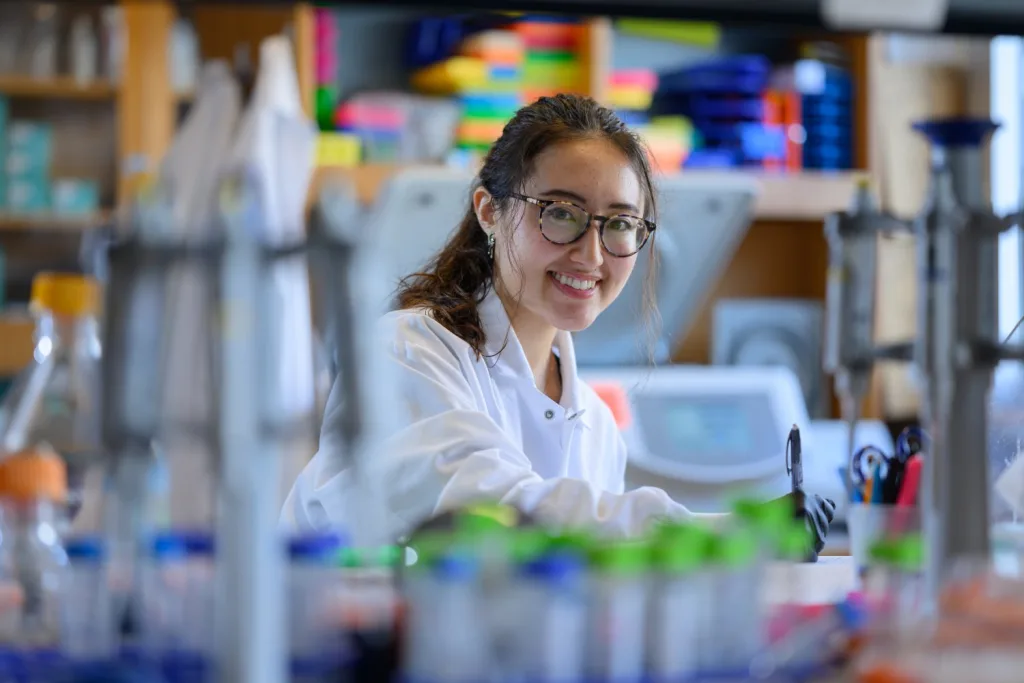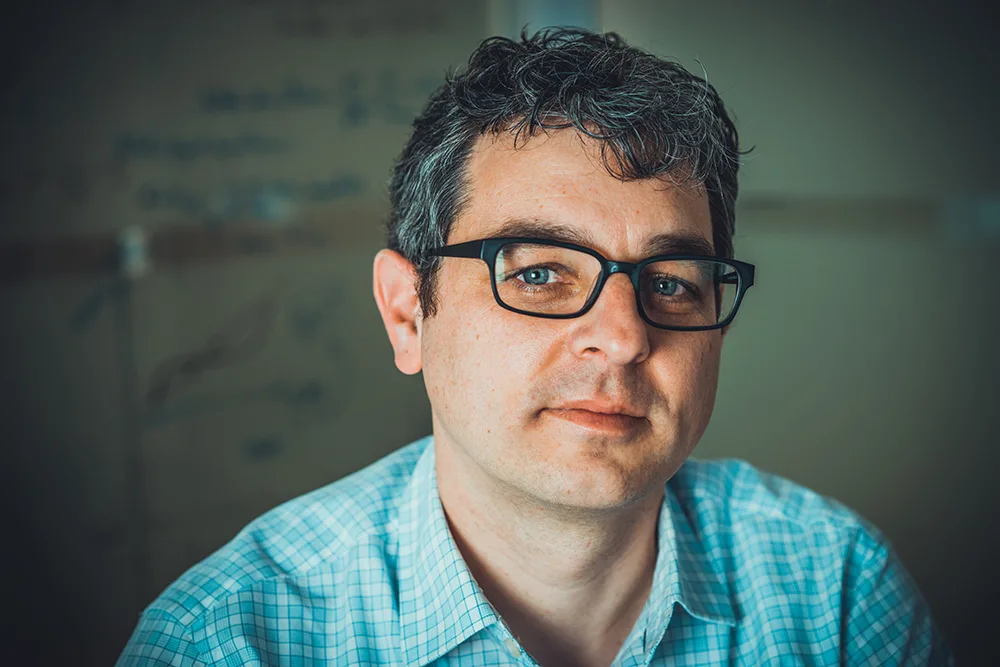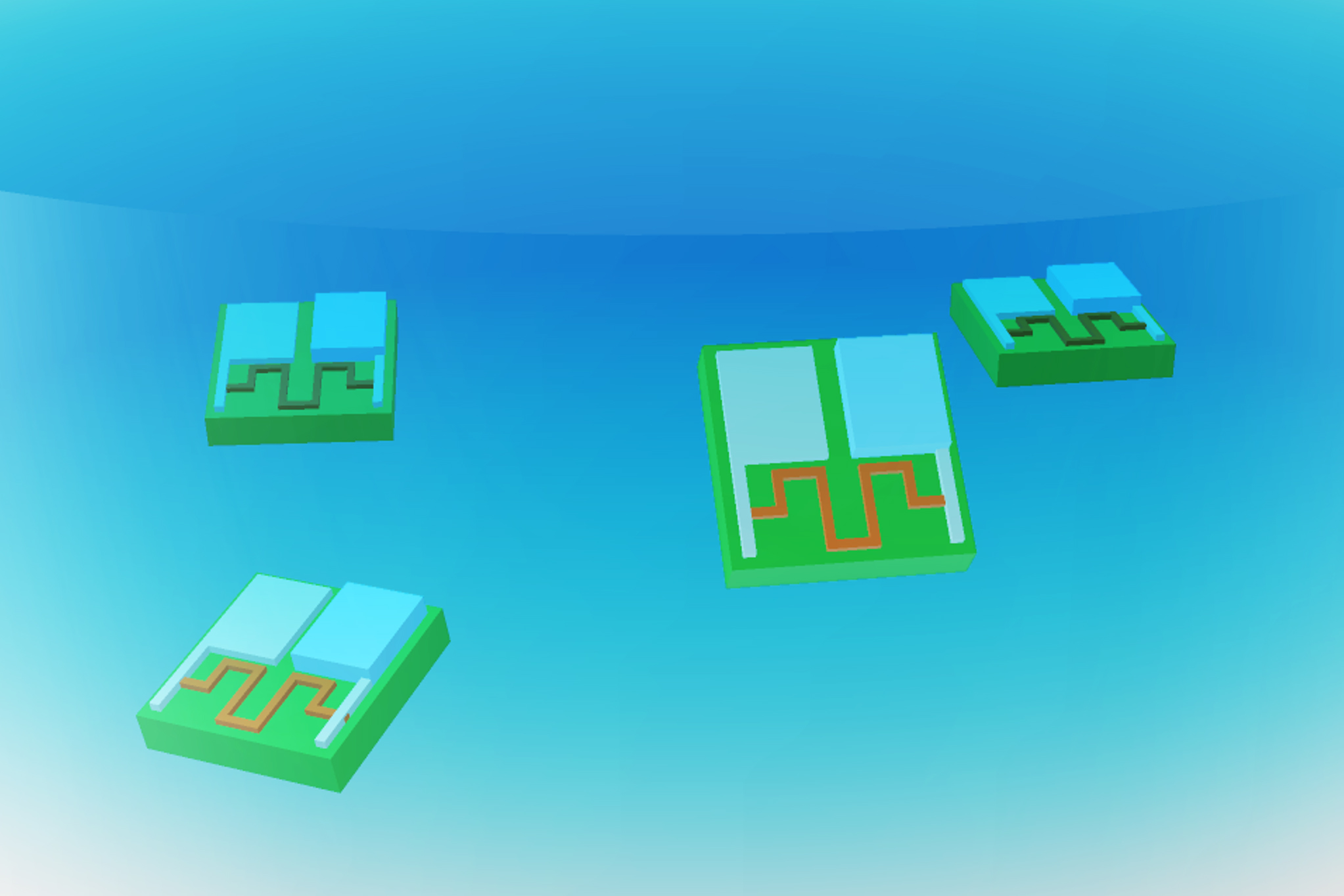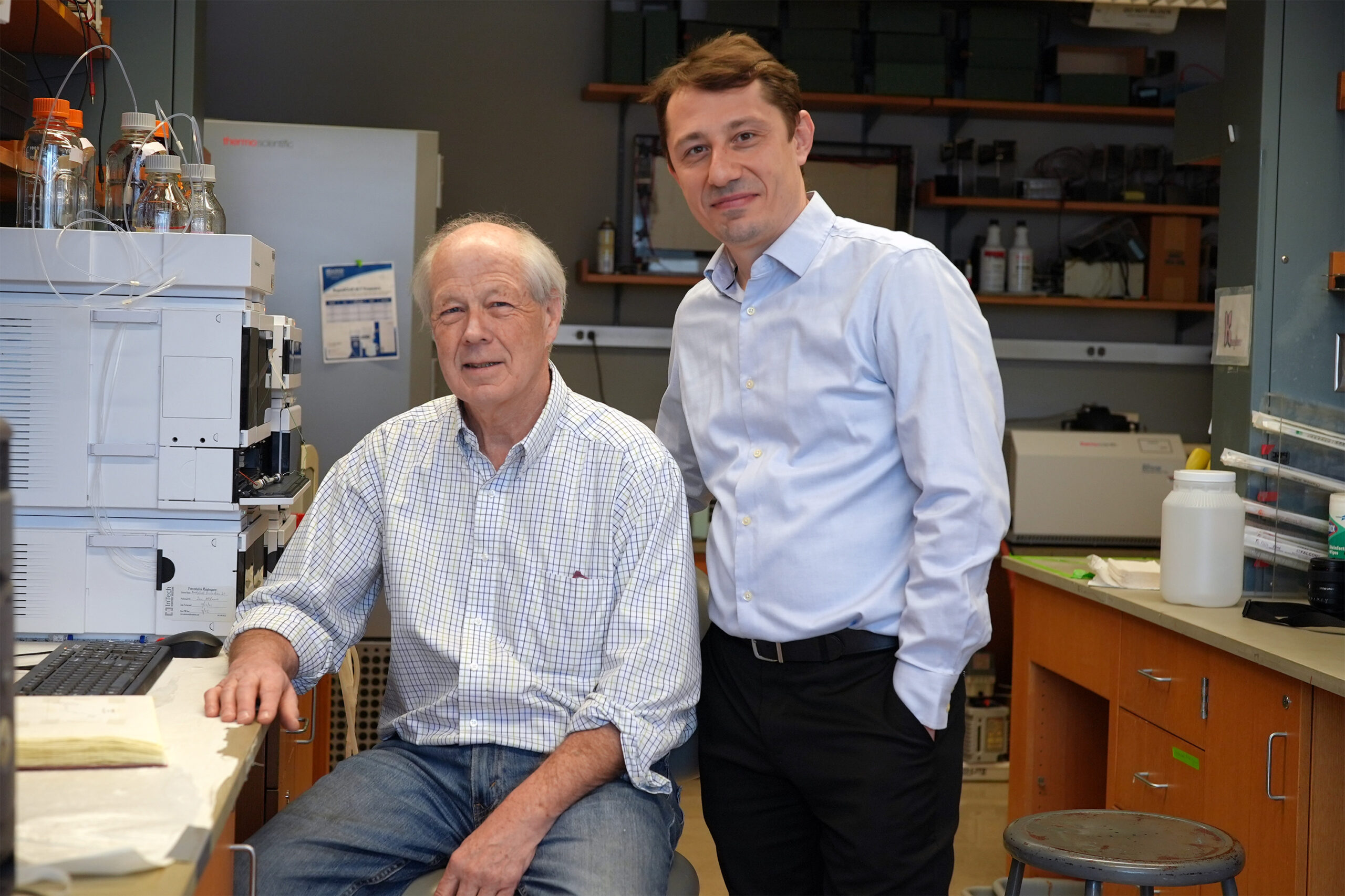From an early age, Katie Spivakovsky was intrigued by the complexities of the world around her. Growing up in Menlo Park, California, dinner conversations frequently explored topics such as the Maillard reaction—which is the science behind food browning—and the fascinating realms of prime numbers. With a physical chemist and a statistician as parents, Spivakovsky was immersed in a rich environment that cultivated her passion for interdisciplinary knowledge.
During her time in high school, her curiosity spanned a wide array of subjects, from classic literature to computer science. She was drawn to institutions that championed diverse academic interests, seeking a college experience that fostered holistic learning.
“MIT truly captured my attention,” Spivakovsky shares. “The New Engineering Education Transformation (NEET) program stood out to me; it offers an unparalleled chance for students to dive into interdisciplinary opportunities both on-campus and beyond.”
NEET is a groundbreaking educational initiative designed to prepare undergraduates for the challenges of the 21st century by emphasizing interdisciplinary learning. Starting in their sophomore year, NEET scholars select one of four focus areas or “threads”: Autonomous Machines, Climate and Sustainability Systems, Digital Cities, or Living Machines. After completing their studies, NEET graduates emerge with a major degree and a NEET certificate, providing them with both expertise in their field and the ability to make a significant impact across various domains.
Now a junior double-major in biological engineering and artificial intelligence, coupled with a minor in mathematics, Spivakovsky is excited to blend these disciplines. As the boundaries between biology and computer science blur, she expresses her desire to leverage engineering and computational tools for groundbreaking biomedical discoveries—an aspiration perfectly aligned with the Living Machines thread of NEET, which she is actively pursuing.
“NEET transcends traditional engineering,” remarks Amitava “Babi” Mitra, founding executive director of NEET. “It’s about fostering visionary young engineers who prioritize collaboration and are eager to tackle society’s most pressing challenges with innovation and empathy. Witnessing students like Katie excel affirms the importance of this program.”
Spivakovsky’s contributions at MIT have already made an international impact. In 2023, she led an undergraduate team at the International Genetically Engineered Machine (iGEM) competition in Paris, showcasing a proof of concept for a therapy aimed at addressing cancer cachexia—a severe syndrome that affects 80% of late-stage cancer patients and lacks FDA-approved treatments. Her team’s innovative proposition of engineering macrophages to target excess interleukin-6, a pro-inflammatory protein prevalent in cachexia, earned them a silver medal and was later published in MIT’s Undergraduate Research Journal, an honor she describes as “unreal and humbling.”
Alongside her academic pursuits, Spivakovsky serves as a student researcher in the BioNanoLab under the mentorship of Mark Bathe, a professor of biological engineering and former NEET faculty director. The lab specializes in utilizing DNA and RNA to create nanoscale materials for therapeutic and computational applications. Her current work involves validating nucleic acid nanoparticles for therapeutic use.
Bathe states, “Katie possesses remarkable potential as a scientific leader. Her unparalleled passion and innovative thinking in developing novel vaccines combine a deep understanding of biology and computation that is absolutely exceptional.”
Currently enrolled in class 20.054 (Living Machines Research Immersion) within the NEET framework, Spivakovsky finds that the comprehensive curriculum complements her lab work and enhances her research skills through workshops focused on scientific communication and progress tracking. “I thrive on my diverse interests, and switching between them keeps me engaged and optimistic,” she explains.
This interdisciplinary approach led her to a summer internship at Merck, where she collaborated with the Modeling and Informatics team on a project targeting a cancer-causing protein. Through this experience, she learned to utilize computational chemistry tools and developed geometric analysis methods to pinpoint potential binding sites for drug molecules on the protein.
“My contributions continue to be instrumental for my team, and I’m hopeful we can develop drugs that may impact an extensive patient population,” states Spivakovsky. “The prospect of my work contributing to real change in healthcare is incredibly inspiring.”
As she looks towards her future, Spivakovsky envisions a career that lies at the intersection of artificial intelligence and biology, ideally blending laboratory work with computational research. “I can’t picture myself pursuing a career that neglects either field. The synergy between them truly fuels my creativity and drive,” she emphasizes.
Regardless of where her inquisitiveness leads her next, one thing remains clear: “NEET has profoundly shaped my journey as a scientist,” Spivakovsky concludes.
Photo credit & article inspired by: Massachusetts Institute of Technology



